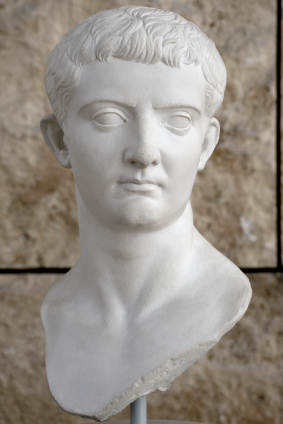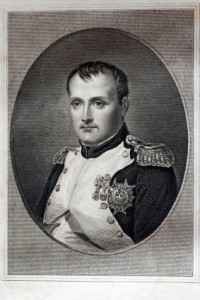 I’ve spent the entire day at the airport. My wife and I arrived at 9:30 a.m. for our 10:50 a.m. flight. First, it was delayed for nearly three hours. Then, once we boarded, our plan was stuck in line on the tarmac for an hour waiting to take off because of the weather. Our plane then pulled out of the line because we had a mechanical problem. When it couldn’t be fixed, we taxied back to the gate where we waited and later deplaned when the flight was cancelled. Not good.
I’ve spent the entire day at the airport. My wife and I arrived at 9:30 a.m. for our 10:50 a.m. flight. First, it was delayed for nearly three hours. Then, once we boarded, our plan was stuck in line on the tarmac for an hour waiting to take off because of the weather. Our plane then pulled out of the line because we had a mechanical problem. When it couldn’t be fixed, we taxied back to the gate where we waited and later deplaned when the flight was cancelled. Not good.
By the time those of us who had been on the flight got into the long line back at the gate to try to find alternative flights to our destinations, it was 4:30 p.m, and it looked like it would take an hour before we reached the desk to find out our options. People were not happy.
While standing in line, I overheard a man behind me on the phone, explaining in a loud, angry tone to whomever the events of the last 7 hours. He blamed the airline for making us wait out on the tarmac for an hour and for making us wait while they tried to fix the problem and then for not canceling the flight sooner.
As I tried to tune him out, I heard another man directly behind me also talking on the phone, explaining to someone what had happened. His voice was calm and pleasant. “Brother, it’s all good,” he said, “It’s better they cancelled the flight than that we all end up with our heads between our knees on landing. It’s for the best. We’ll see you when we get there. Lord bless you.”
I suspected the second man was a Christian, and I was right. Over the next 30 minutes I engaged him in conversation. It turns out he and his wife were on their way to a Christian conference. He had a delightful attitude and he even drew a smile from the airline representative, who had been dealing with angry customers all day. It made me proud to be a Christian.
As I write this, it’s 7:45 p.m. and I’m still stuck in the same airport. It’s not clear whether our new flight will be cancelled. It’s ok though because there are more important things, like being a good ambassador for the King and His kingdom. GS



